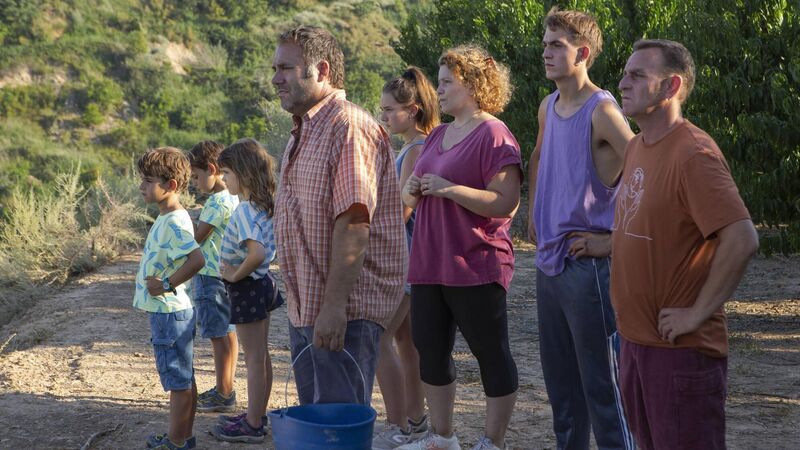Film review: Alcarràs is at its best when it explores the human cost of capitalism

The family’s personal stories are set against a backdrop of familiar scenes of protests by angry farmers
Try from €1.50 / week
SUBSCRIBE
The family’s personal stories are set against a backdrop of familiar scenes of protests by angry farmers
★★★★☆
Already a subscriber? Sign in
You have reached your article limit.
Annual €130 €80
Best value
Monthly €12€6 / month
Introductory offers for new customers. Annual billed once for first year. Renews at €130. Monthly initial discount (first 3 months) billed monthly, then €12 a month. Ts&Cs apply.
Newsletter
Music, film art, culture, books and more from Munster and beyond.......curated weekly by the Irish Examiner Arts Editor.
Newsletter
Music, film art, culture, books and more from Munster and beyond.......curated weekly by the Irish Examiner Arts Editor.
© Examiner Echo Group Limited